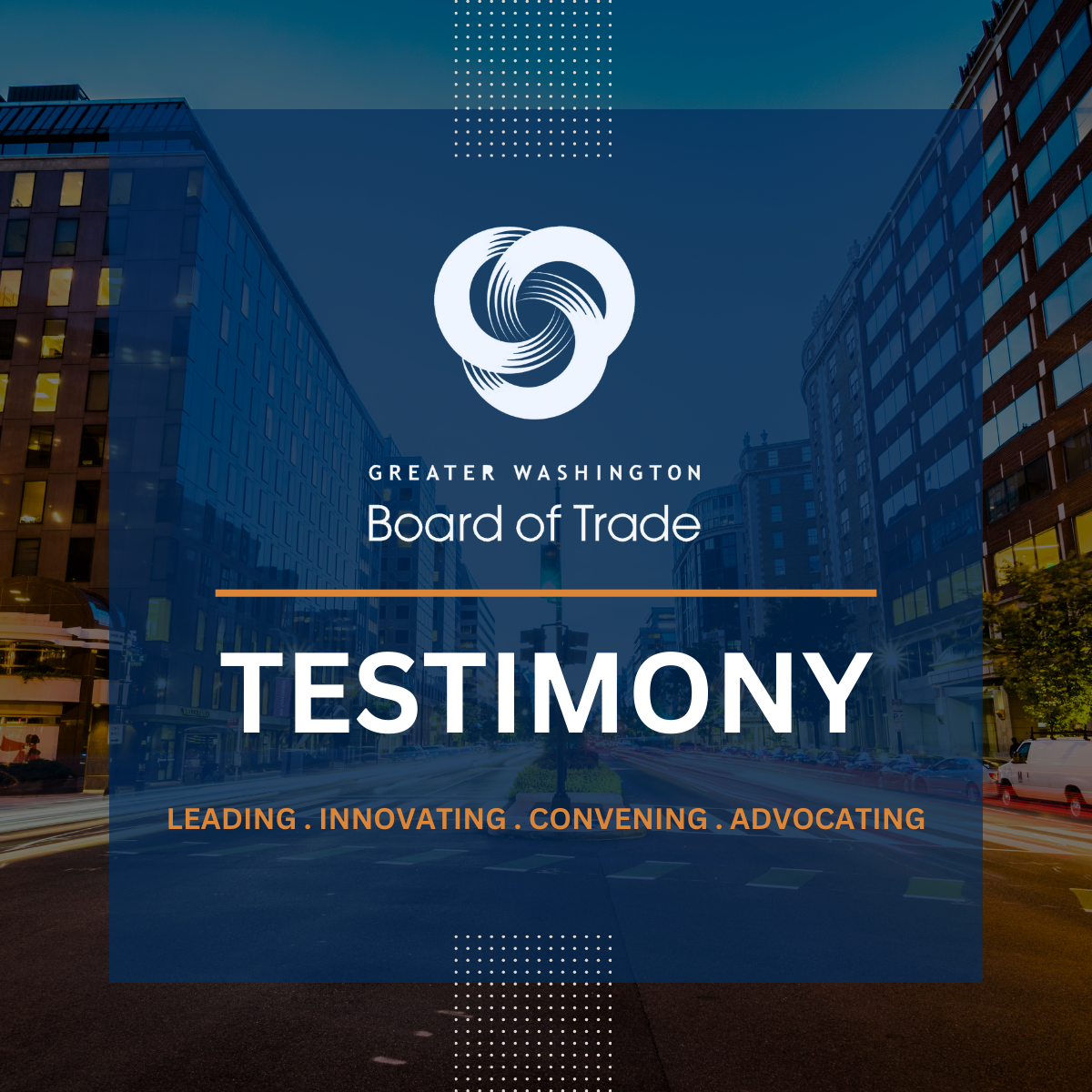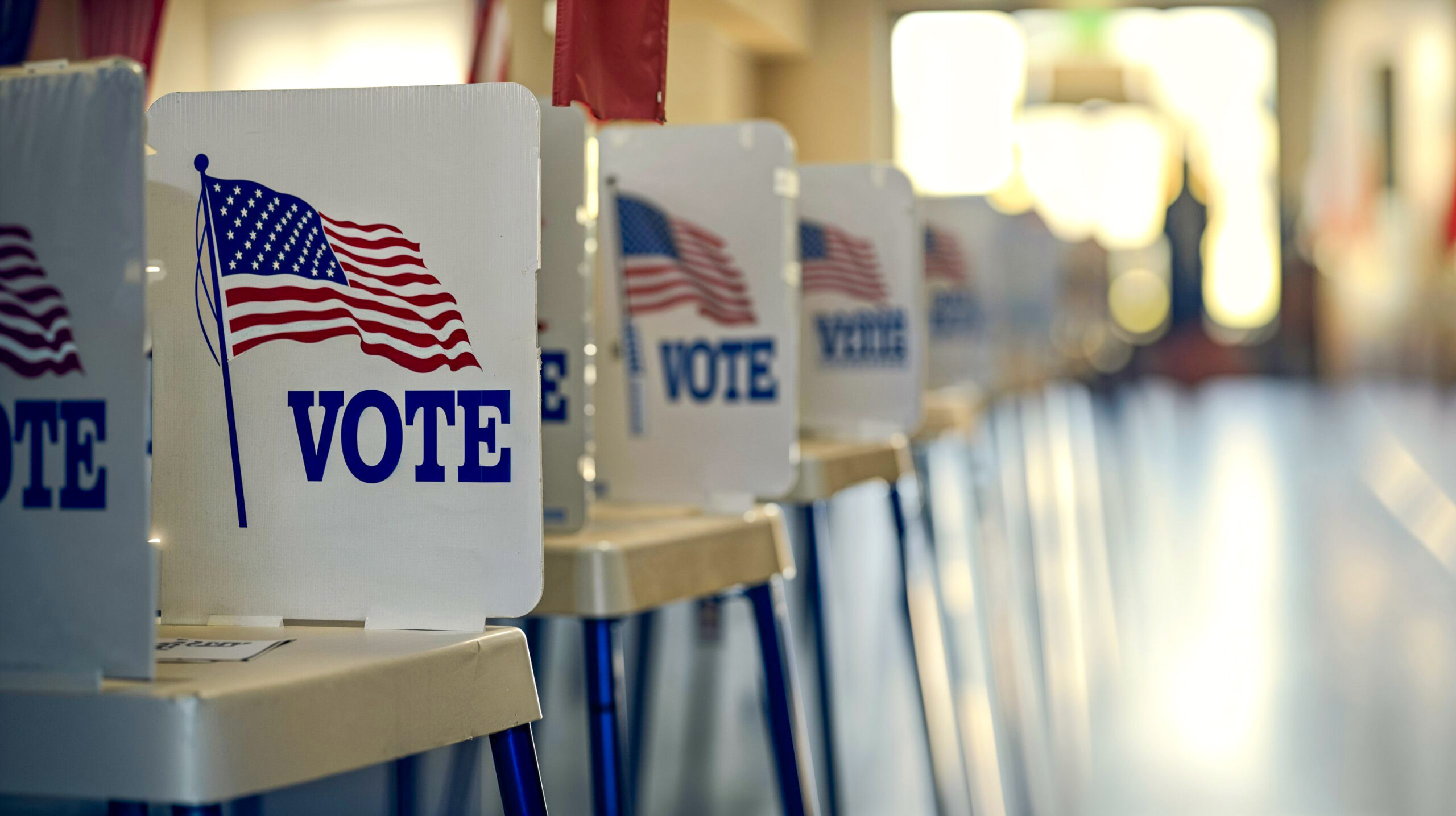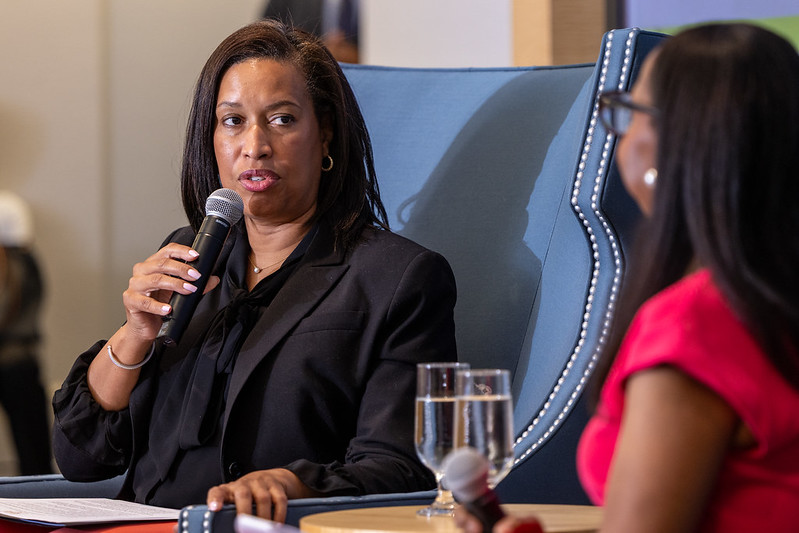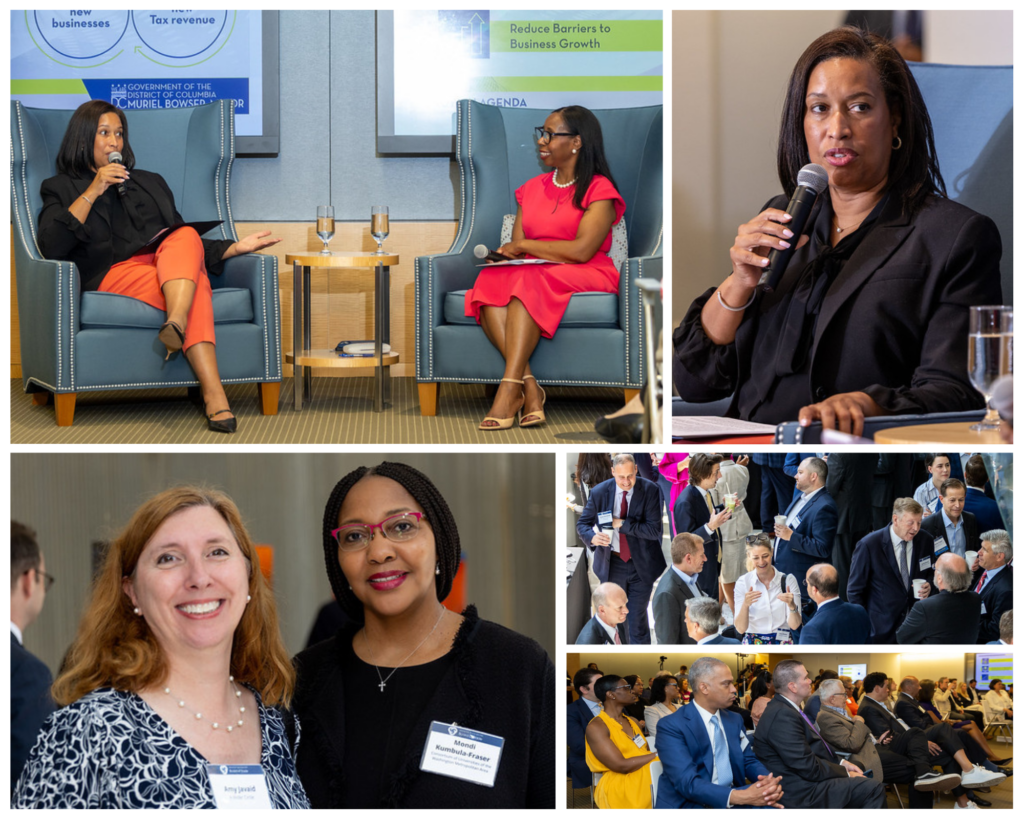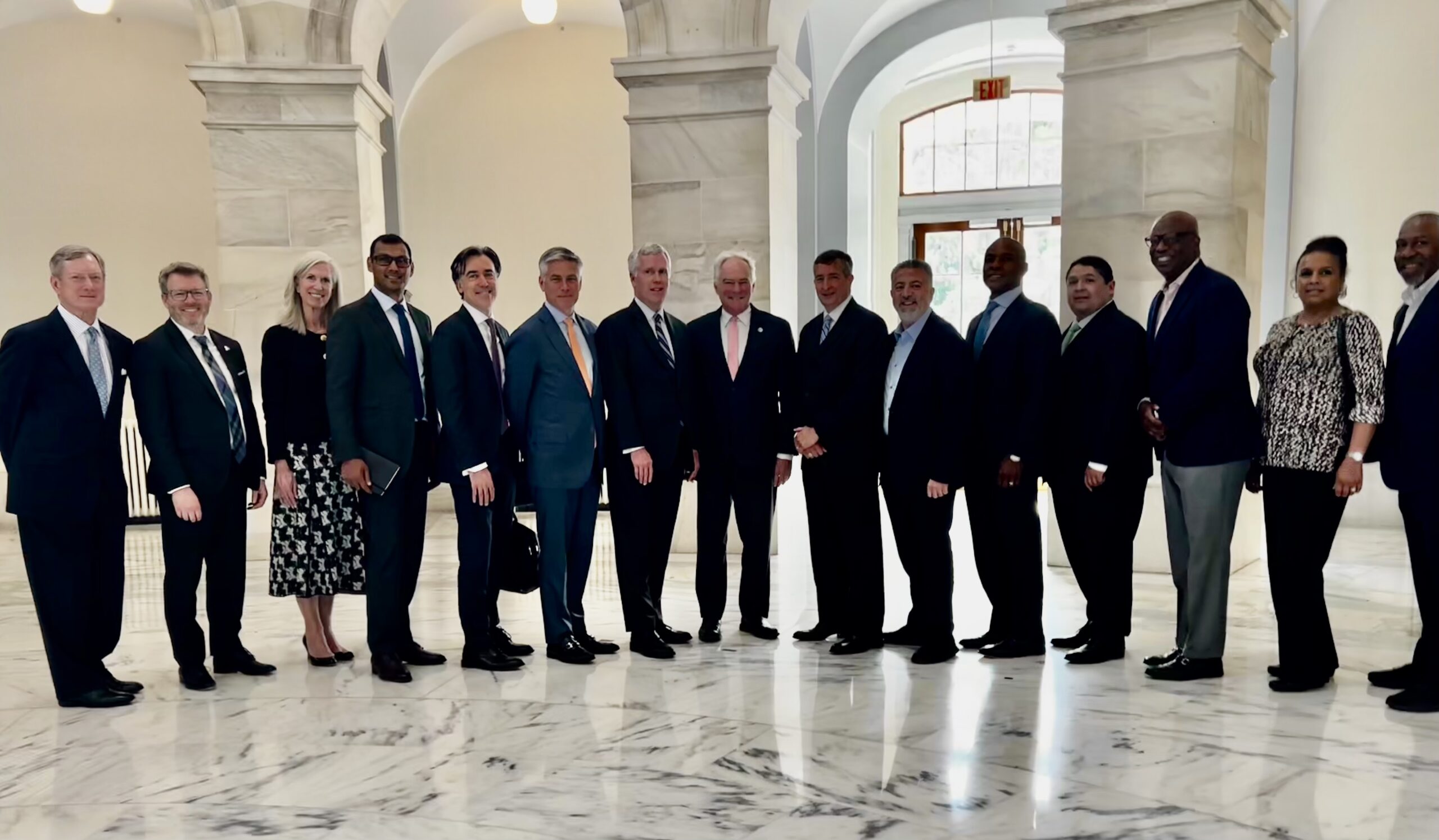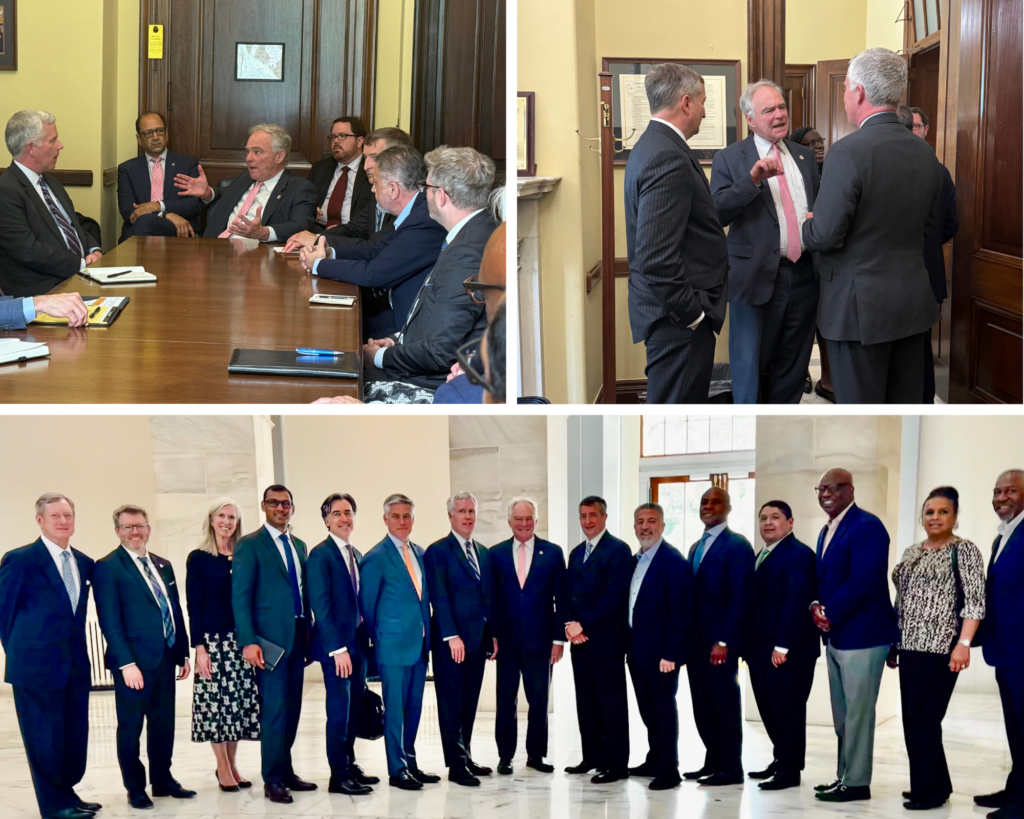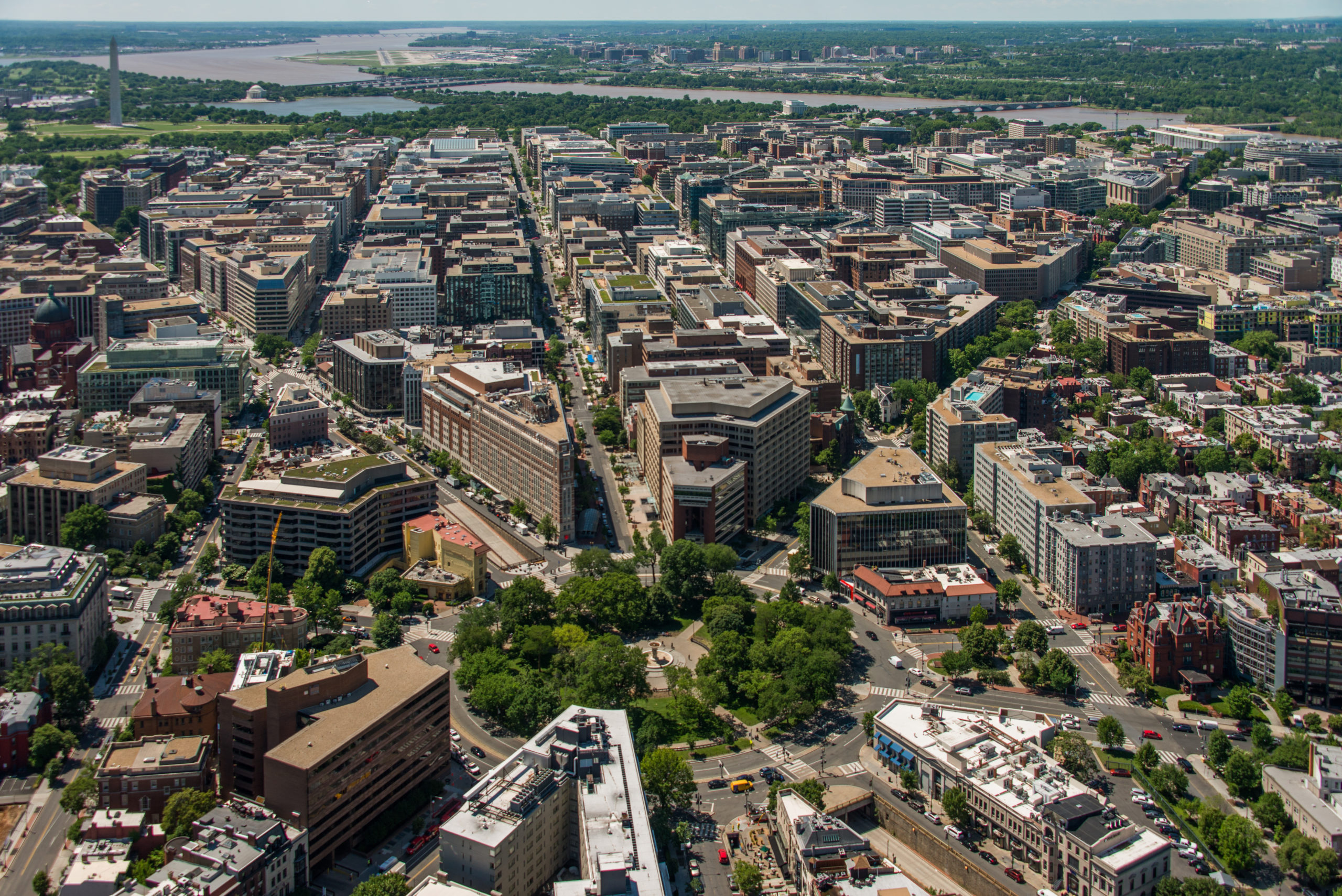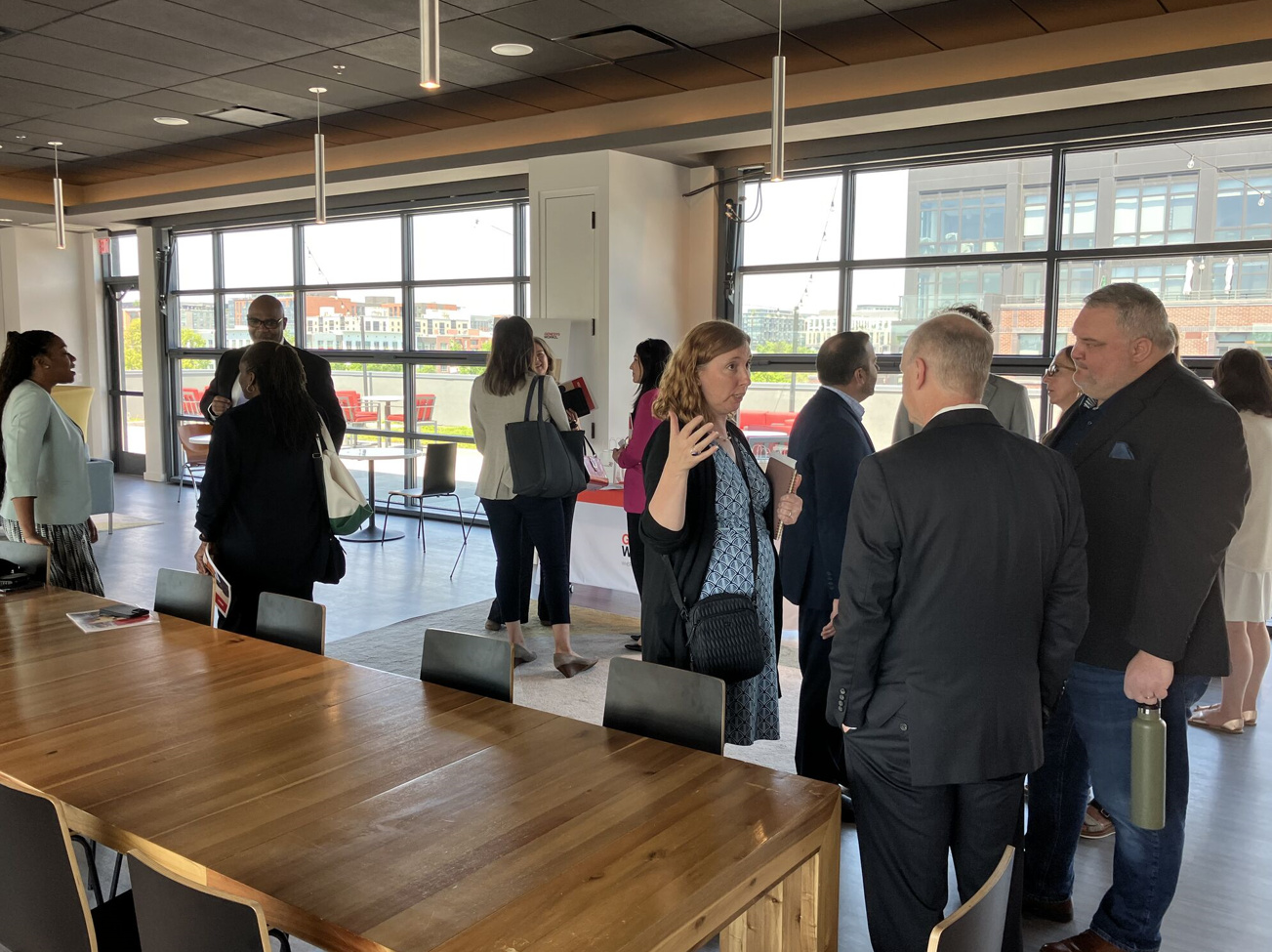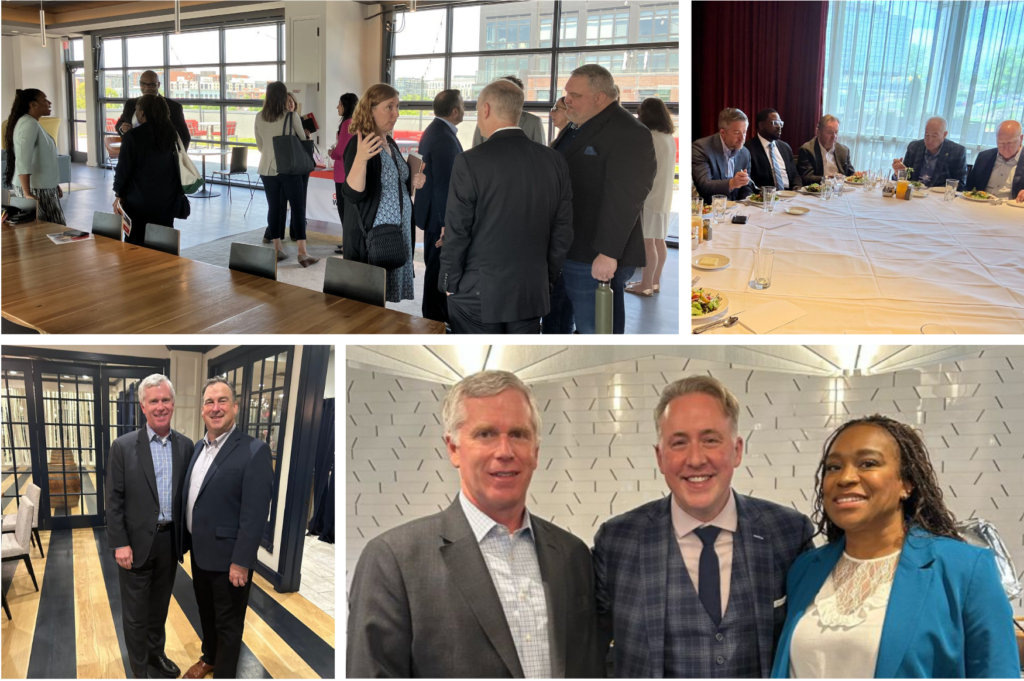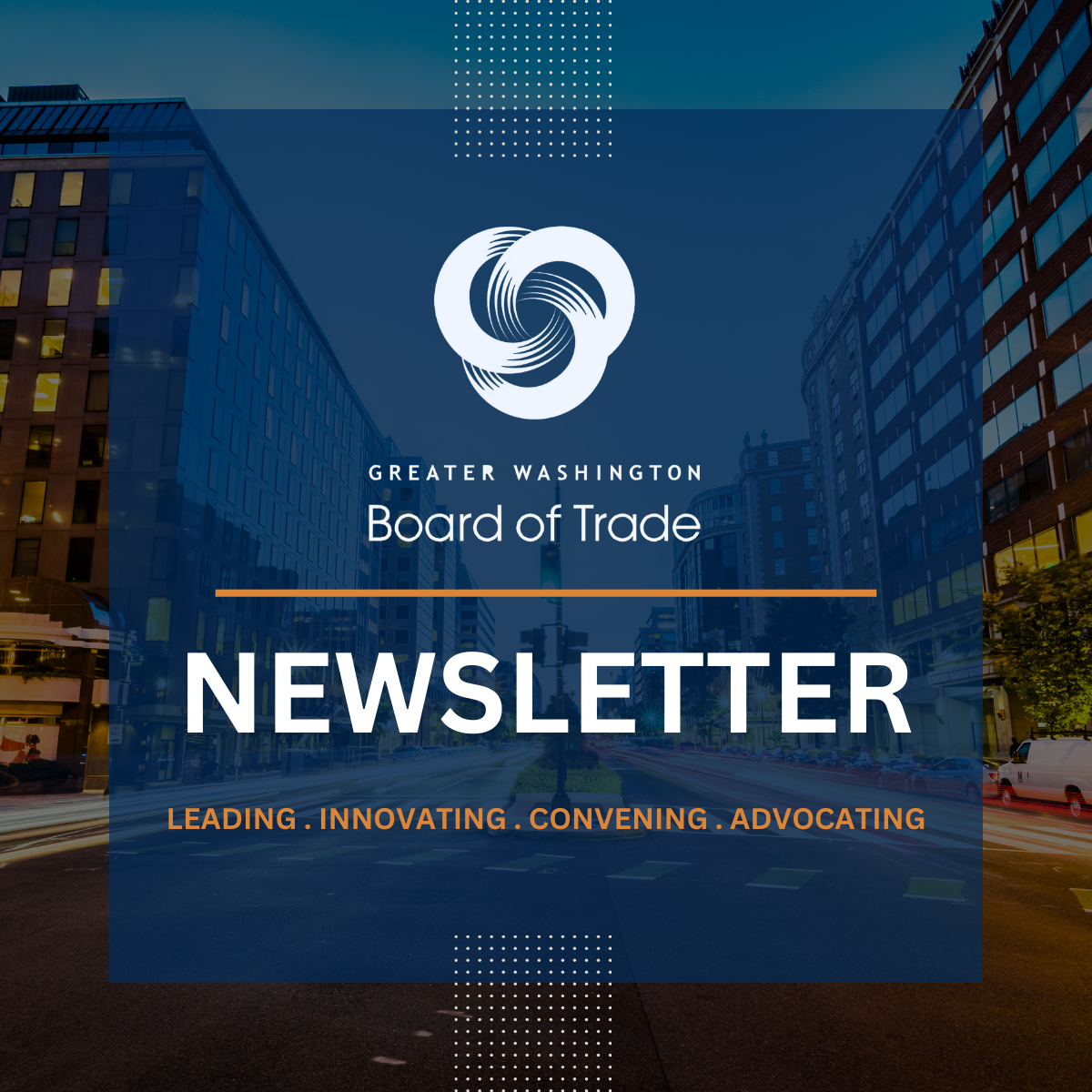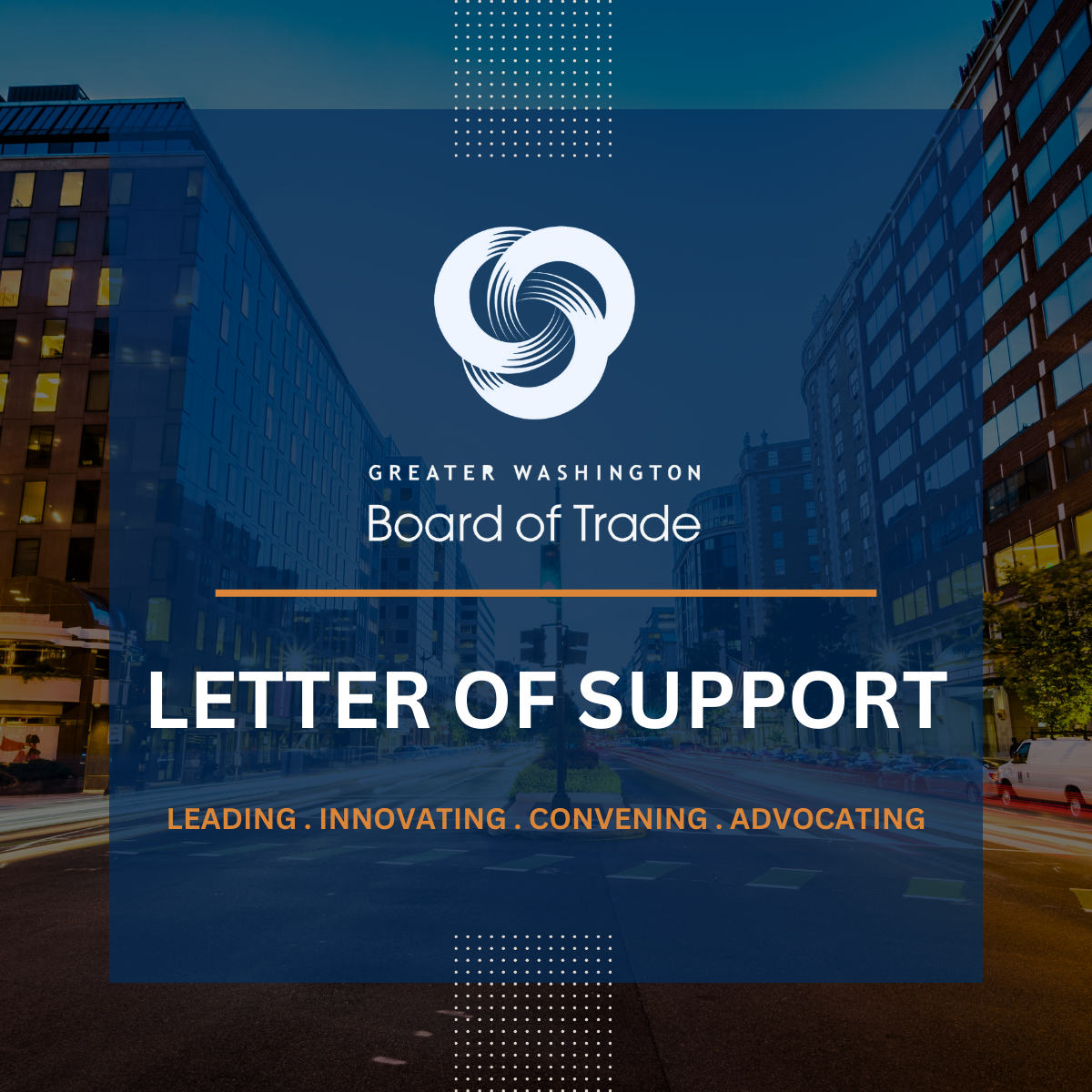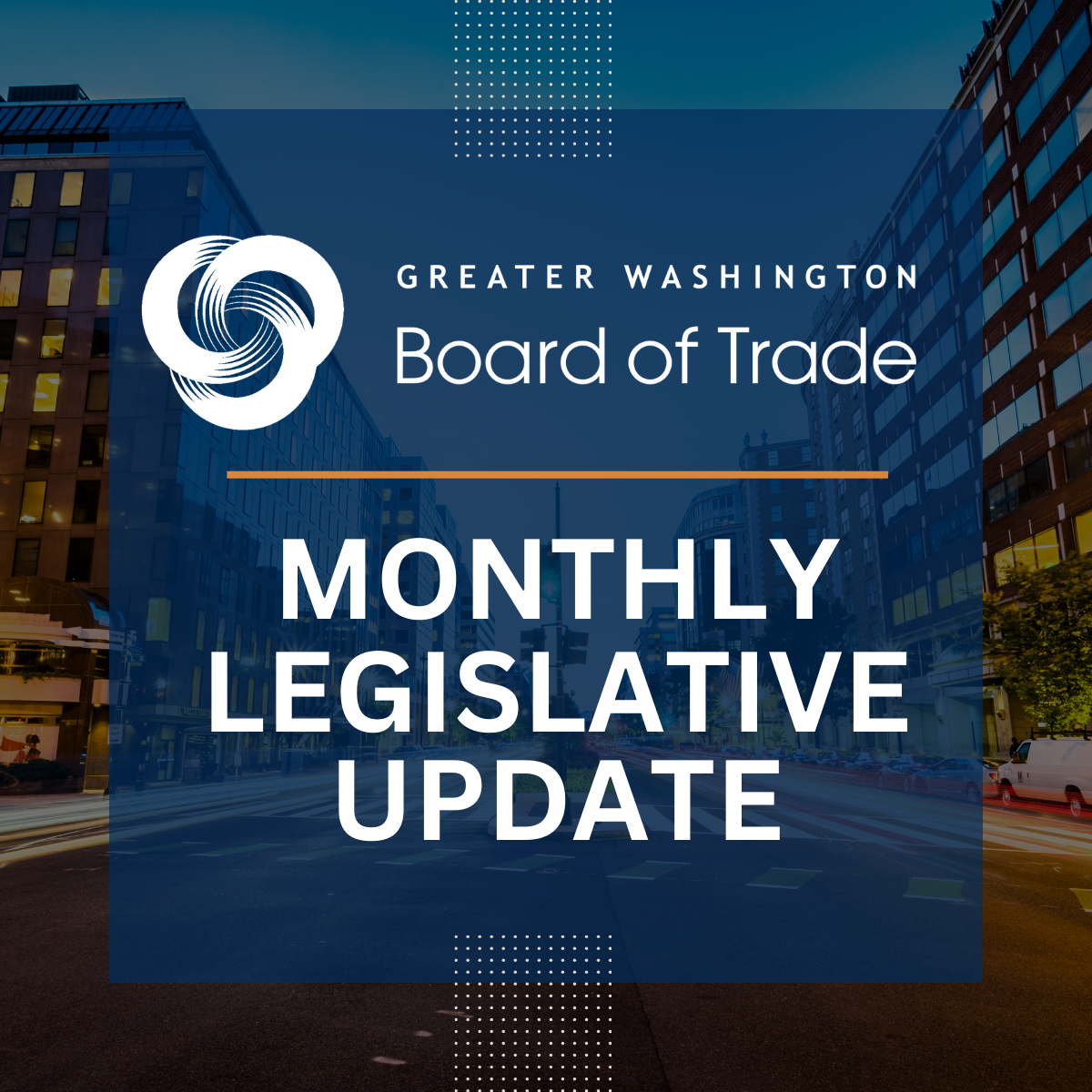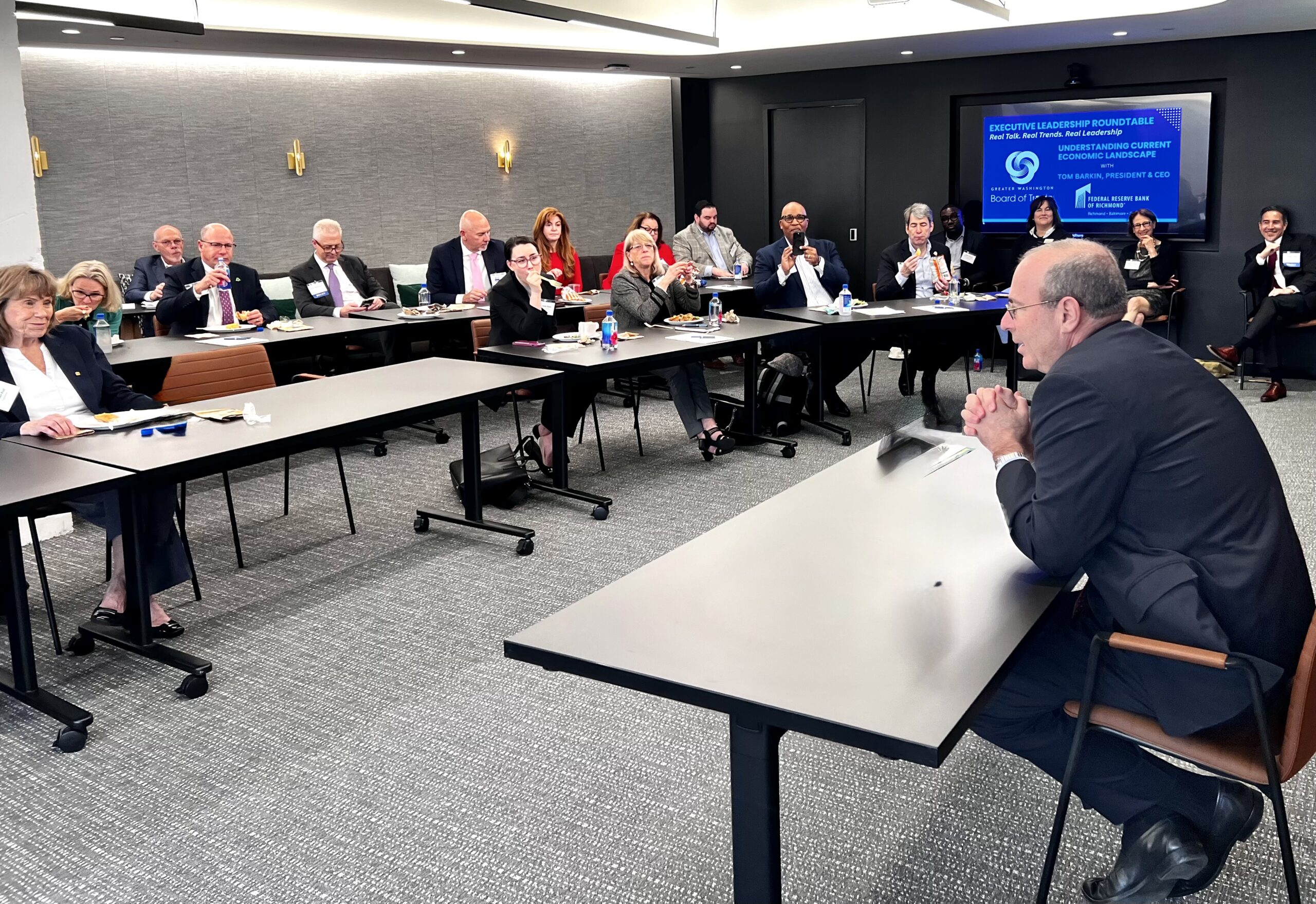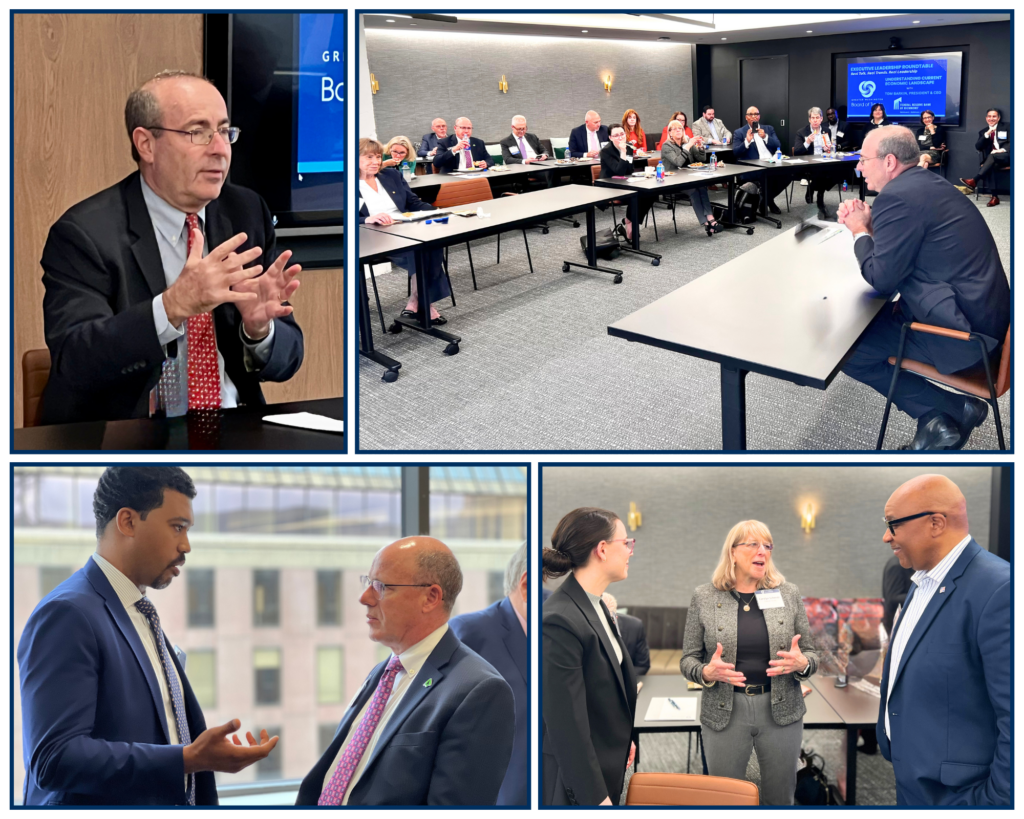Update: The Washington Commanders secured a major milestone in the effort to bring professional football back to the District. On August 1st, the D.C. Council voted 9–3 in favor of legislation that would pave the way for the redevelopment of the RFK Stadium site, thus marking a pivotal first step in transforming one of the city’s most iconic but long-dormant properties into a vibrant, multi-use destination. This vote signals renewed momentum for a project that has implications far beyond the stadium walls. At its core, the redevelopment of the RFK site represents a commitment to regionalism with an investment in shared assets that generate economic activity, draw visitors, and enhance quality of life across jurisdictional lines.
About this Testimony:
The Board of Trade testified before the D.C. Council and sent a letter to Council Chairman Phil Mendelson in support of Mayor Muriel Bowser’s proposal to bring the Washington Commanders back to the District as part of a larger mixed-use redevelopment of the RFK site. We highlighted the opportunity not just as a sports project, but as a catalyst for long-term economic growth, fiscal strength, and regional competitiveness.
Testimony Recording from DC Council Meeting:
Letter to Chairman Mendelson:
Dear Chairman Mendelson,
Thank you for the opportunity to share the perspectives of the Greater Washington Board of Trade. We strongly support the mayor’s proposal to bring the Washington Commanders back to the District through a new stadium and mixed-use development at the RFK site, and we urge the Council to take the legislative and budget actions needed to move this project forward. Revitalizing the RFK campus is a rare opportunity to deliver lasting economic, social, and community benefits—not just for the District, but for the entire region.
With a $2.7 billion private investment—the largest in the city’s history—paired with essential public infrastructure, this project will support tens of thousands of jobs, generate billions in new tax revenue, and transform one of the city’s most underutilized properties. The broader vision—including housing, retail, parks, and recreational space—will help create a vibrant, inclusive neighborhood that serves residents and draws visitors.
We recognize the District faces significant fiscal challenges, and public investments must be made wisely. That’s precisely why this project matters. Strategic developments that unlock private capital and grow the tax base are critical to the city’s long-term financial health.
We also acknowledge concerns about land use, community access, and stewardship of the site. These are important and valid. With thoughtful planning and strong accountability, this project can reflect community values while advancing shared goals.
Key milestones must be met in the coming months to stay on track for a 2030 opening, including legislative approval, infrastructure funding, and lease finalization. Delays now could jeopardize the entire opportunity.
We urge the Council to act with urgency and confidence. This is a once-in-a-generation chance to shape the future of the RFK site and deliver real value for the city. Let’s not miss it.
Sincerely,
Jack McDougle
President & CEO
Greater Washington Board of Trade
